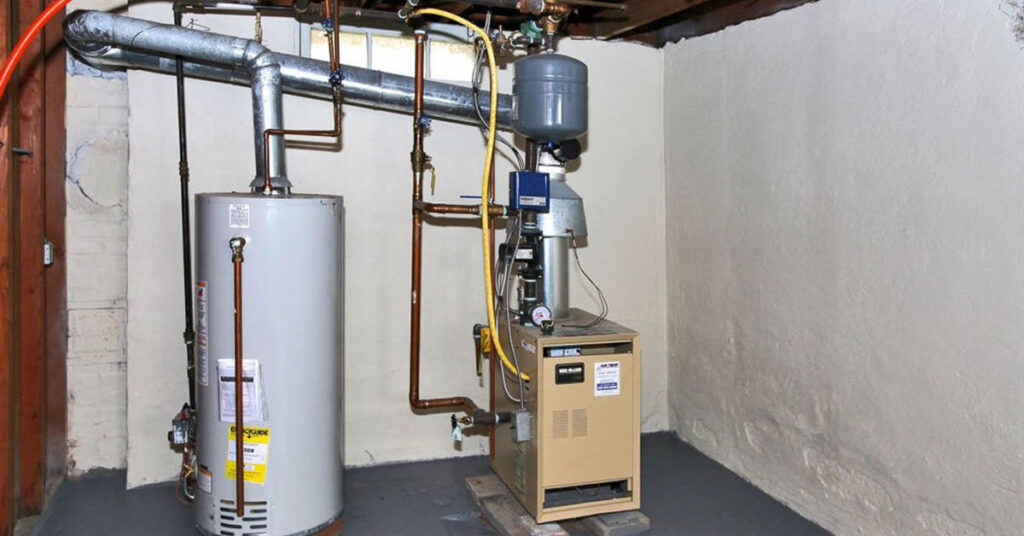In the realm of home comfort and efficiency, understanding the components of your HVAC (Heating, Ventilation, and Air Conditioning) system is crucial. One question that often arises is whether HVAC systems encompass water heaters. In this comprehensive guide, we’ll delve into does hvac include water heater, shedding light on their differences, similarities, and how they function within residential and commercial spaces.
What is HVAC?
HVAC stands for Heating, Ventilation, and Air Conditioning. It refers to the technology of indoor and vehicular environmental comfort, encompassing various systems designed to regulate temperature, humidity, and air quality. HVAC systems are integral to maintaining a comfortable and healthy indoor environment, especially in regions with extreme temperatures.
Does HVAC Include Water Heater?
One common misconception is that HVAC systems inherently include water heaters. However, it’s important to clarify that HVAC systems typically do not encompass water heaters within their core components.
HVAC Systems
HVAC stands for Heating, Ventilation, and Air Conditioning. These systems are designed to regulate indoor temperature, humidity levels, and air quality. They achieve this through a combination of heating, cooling, and ventilation mechanisms.
Components of HVAC Systems
The components of an HVAC system primarily include furnaces, air conditioners, heat pumps, ventilation systems, ductwork, and air filters. These elements work together to maintain comfortable indoor conditions year-round.
Water Heaters
In contrast, water heaters are standalone appliances specifically tasked with heating water for domestic use. They are not typically considered integral parts of HVAC systems.
Key Differences
The main distinctions between HVAC systems and water heaters lie in their purposes and functionalities:
- Purpose: HVAC systems focus on regulating indoor climate and air quality, while water heaters are solely responsible for heating water for showers, baths, laundry, and other household needs.
- Components: HVAC systems incorporate heating and cooling elements, as well as ventilation mechanisms, while water heaters consist of tanks or heating mechanisms designed to warm water.
- Installation: HVAC systems are typically installed as centralized systems, serving entire buildings or specific zones within a property. Water heaters, on the other hand, are standalone appliances installed in specific locations within a building, such as utility rooms, basements, or closets.
Integration and Overlapping Technologies
While HVAC systems and water heaters operate independently, there are instances where they may intersect or share certain technologies. For example:
- Some HVAC systems may utilize hydronic heating, which involves circulating hot water through pipes or radiators to provide warmth. In such cases, water heaters are indirectly involved in heating the water used for hydronic heating.
- Heat pump water heaters, a type of water heater, utilize heat pump technology similar to certain HVAC systems. This technology extracts heat from the surrounding air and transfers it to the water, blurring the distinction between HVAC and water heating systems.
Read More: How Long Does an HVAC Compressor Last?
Conclusion
While HVAC systems and water heaters serve distinct purposes, they both contribute to overall comfort and functionality within residential and commercial spaces. Understanding the differences and similarities between these systems is essential for homeowners, contractors, and HVAC professionals alike.
By grasping the roles of HVAC and water heating technologies, individuals can make informed decisions regarding home comfort, energy efficiency, and sustainability.


